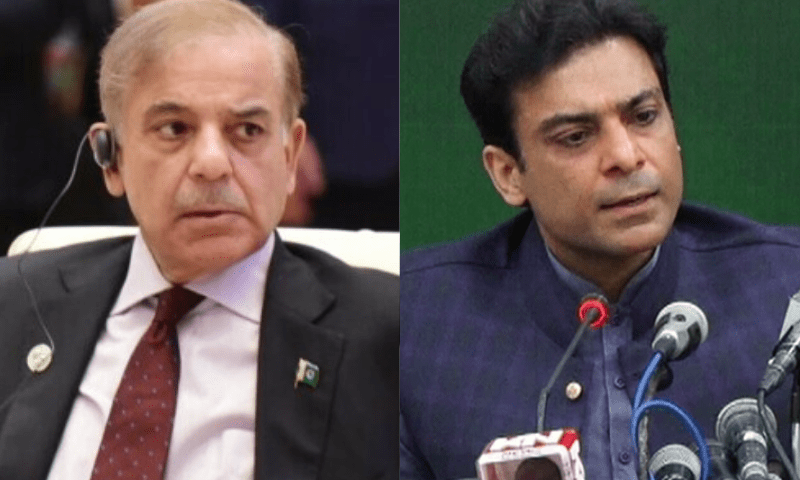The Lahore Anti-Corruption Court delivered a detailed 12-page judgment proclaiming the acquittal of Prime Minister Shehbaz Sharif and former Punjab Chief Minister Hamza Shehbaz in the Ramzan Sugar Mills corruption case. According to the ruling, there was no witness against them; hence, there was no evidence to warrant a conviction.
Important Findings of the Judgement
Anti-Corruption Judge Muhammad Iqbal Dogar stated in his ruling that the case lacked merit and that there was no possibility of conviction. Thus, both Shehbaz Sharif and Hamza Shehbaz were granted their acquittal applications.
The judgement addressed the following
- The plaintiff, while mentioning the alleged offenses against the applicants, had never formally lodged a complaint with NAB (National Accountability Bureau).
- No witness testified against either Shehbaz Sharif or Hamza Shehbaz.
- The Anti-Corruption Commission could prove no irregularities in the construction of the drain which is linked to the case.
- The drain was constructed in accordance with the law and properly authorized upon the request of a then-MPA.
- Shehbaz Sharif never was a director of Ramzan Sugar Mills, and Hamza Shehbaz was not the CEO at the time of the construction of the drain.
Background of the Case and its Political Ramifications
The Ramzan Sugar Mills case sought to advance anti-corruption efforts against political leaders in Pakistan and this court ruling has championed the dismissal of the accusations against the Sharif family.
The verdict might have political repercussions, as the Sharif family has been the target of corruption allegations used by their adversaries as a political tool. With their acquittal, the Sharif’s legal standing is bolstered and such verdict may shape the public eye in the upcoming election.
